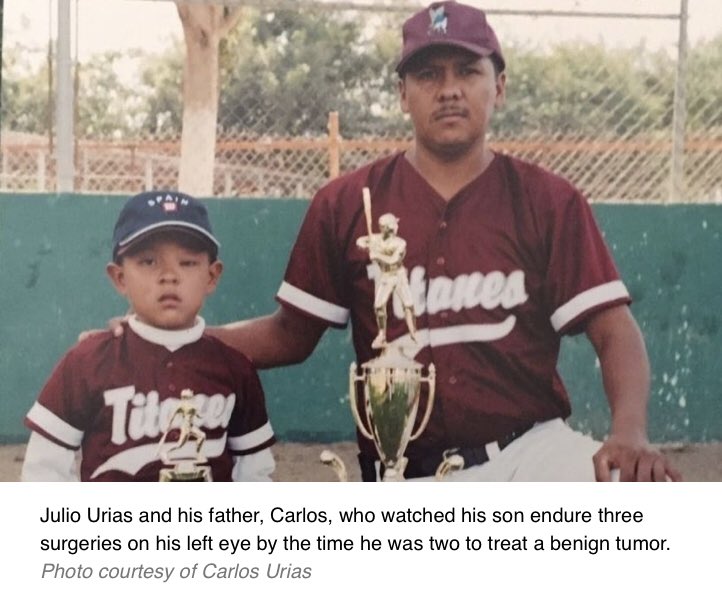
The U.S. left vast numbers of migrant children in custody far longer than previously known, living out a chunk of their childhoods in a government shelter system that’s at best ill-equipped to raise them & at worst a factory of abuse & trauma. latimes.com/world-nation/s…
A 17-year-old from Honduras spent a good part of her childhood, living in refugee shelters & foster homes in Oregon, Massachusetts, Florida, Texas & New York — inexplicably kept apart from the grandmother and aunts who had raised her.
Cut off from contact with her family, she’s begun to self-harm & was prescribed a cocktail of powerful psychotropic medications. She hadn’t been taught English or learned to read or acquired basic life skills such as cooking. She hadn’t been hugged in years. @aurabogado @iff_or
Nearly 1,000 migrant kids spent more than a year in detention. At least 3 kids spent more than 5 years in custody.
In some cases, pregnant teens gave birth while in custody. Six babies born with U.S. citizenship were held for a year or more in shelters in Texas and Arizona.
In some cases, pregnant teens gave birth while in custody. Six babies born with U.S. citizenship were held for a year or more in shelters in Texas and Arizona.
• • •
Missing some Tweet in this thread? You can try to
force a refresh






